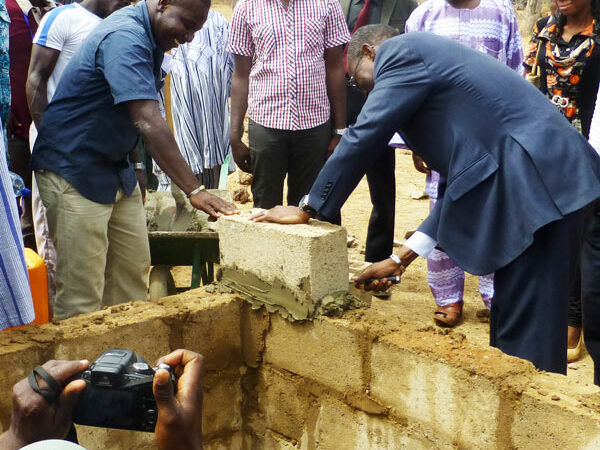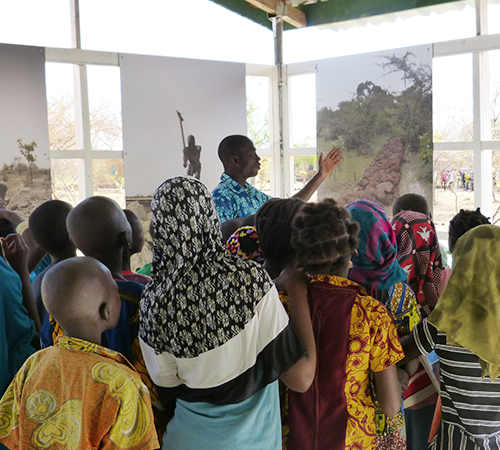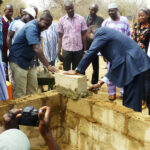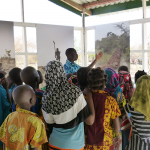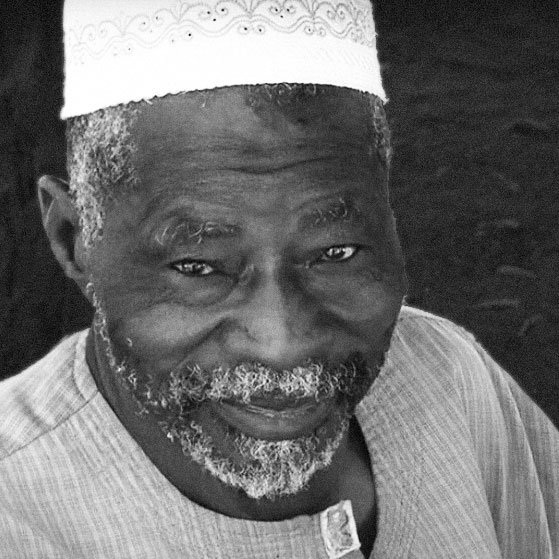
On Monday, September 24, it was announced in Stockholm that the Alternative Nobel Prize would go to our companion Yacouba Sawadogo.
A severe drought in 1980 prompted the self-sufficient farmer Sawadogo to plant trees on formerly barren land. So he began to cultivate the desert: He combined traditional techniques such as zaï holes and rows of stones to grow millet.
In 2015, with the support of our sponsor Mr. Wäschle from Weimar, we were able to present him with 10.000 € for his work. Unfortunately, his work was not appreciated by all farmers in Burkina Faso, who still saw the tree as a competitor for sun and water and called Sawadogo a “madman” – his fields were burned down, but he kept going.
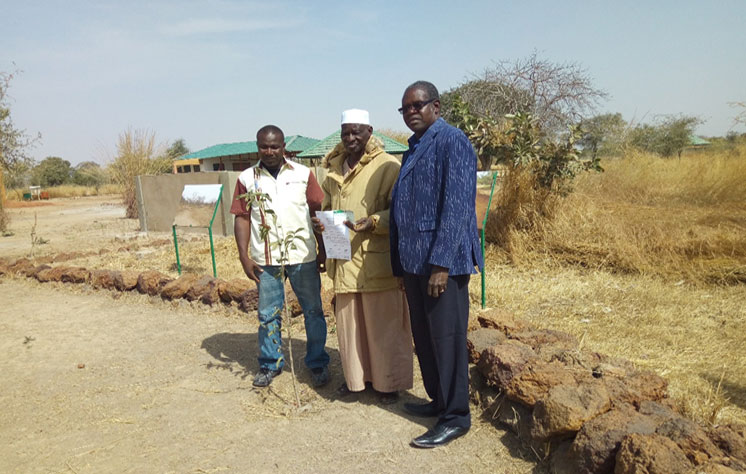
“Yacouba’s influence is greater than that of all national and international experts combined.”
Chris Reij about Yacouba
Trees planted with crops enrich the soil, produce fodder for livestock and create business opportunities such as beekeeping, helping farmers adapt to climate change, reduce rural poverty and prevent local conflicts over resources and water.
Those who apply the techniques of Sawadogo secure their food, save rainwater, improve soil fertility and can still produce harvests even in years of drought.
For 20 years we have been sharing our experiences and results with each other and today we congratulate Yacouba Sawadogo for the deserved recognition of his performance.




